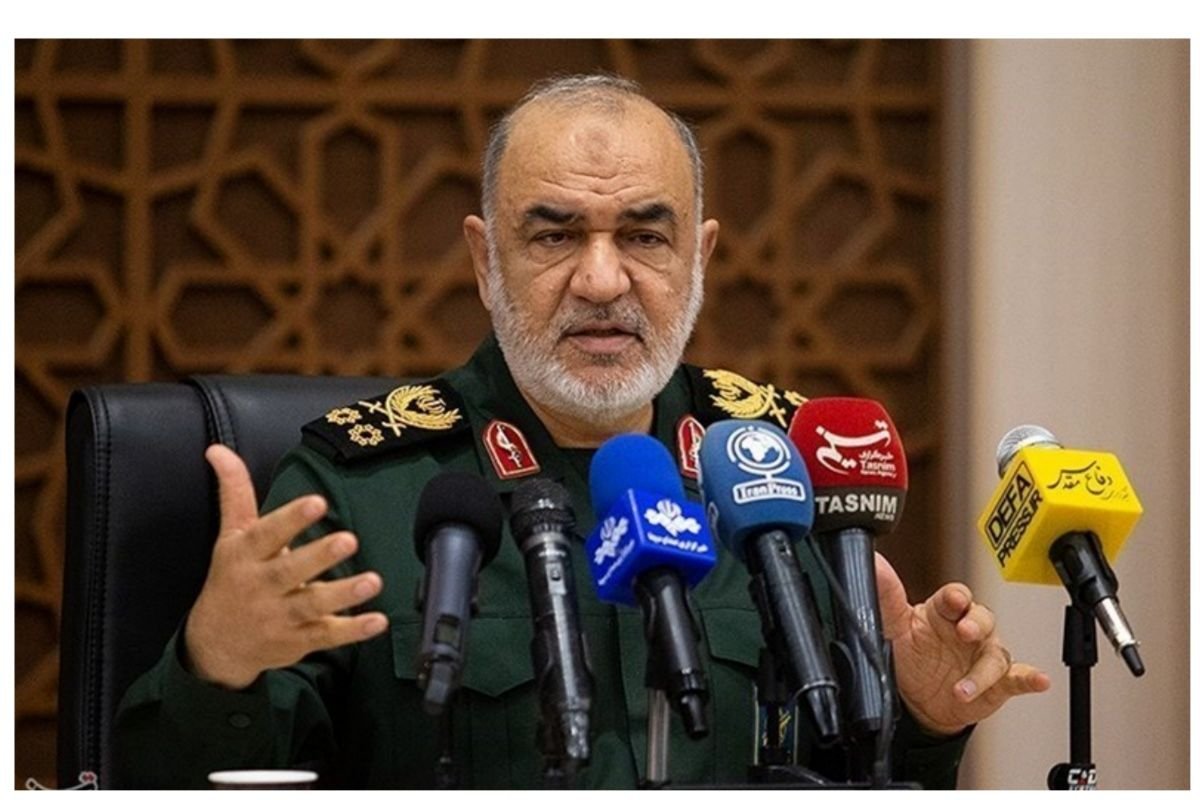“The ICC’s decision signifies the end of the Israeli state and its political irrelevance on the global stage. Israel is now a country entirely politically isolated, with its leaders unable to travel abroad freely,” Salami declared.
In Iran’s first official response, Salami called the ICC’s move a “welcome step” and a “great victory” for resistance movements in Palestine and Lebanon. The warrants, issued over alleged war crimes, have drawn mixed reactions internationally.
While Netanyahu has strongly condemned the ICC’s actions, labeling them unjust, even some of Israel’s closest allies, including the United States, have criticized the court’s decision. However, international human rights organizations, such as Amnesty International, have praised the ICC’s warrants, viewing them as a step toward accountability.
Israel, which does not recognize the jurisdiction of the ICC, has stated that Netanyahu and Gallant will not surrender to the court. Despite this, the warrants have limited their international mobility. The ICC’s jurisdiction under the Rome Statute binds 124 signatory countries to enforce its warrants.
However, enforcement has been inconsistent. Past instances, such as Sudan’s Omar al-Bashir visiting South Africa and Jordan without being arrested despite ICC warrants, illustrate the challenges. Similarly, Russian President Vladimir Putin recently visited Mongolia, an ICC signatory, without facing arrest.
Italy has explicitly stated that Netanyahu would face arrest if he sets foot in the country, whereas Hungary has expressed willingness to host him. This divide highlights the growing complexity for Israel’s European allies, many of whom champion human rights but may face pressure over Netanyahu’s status.
As the controversy unfolds, the ICC’s decision has amplified debates on international justice, the limits of enforcement, and Israel’s standing in the global arena.










